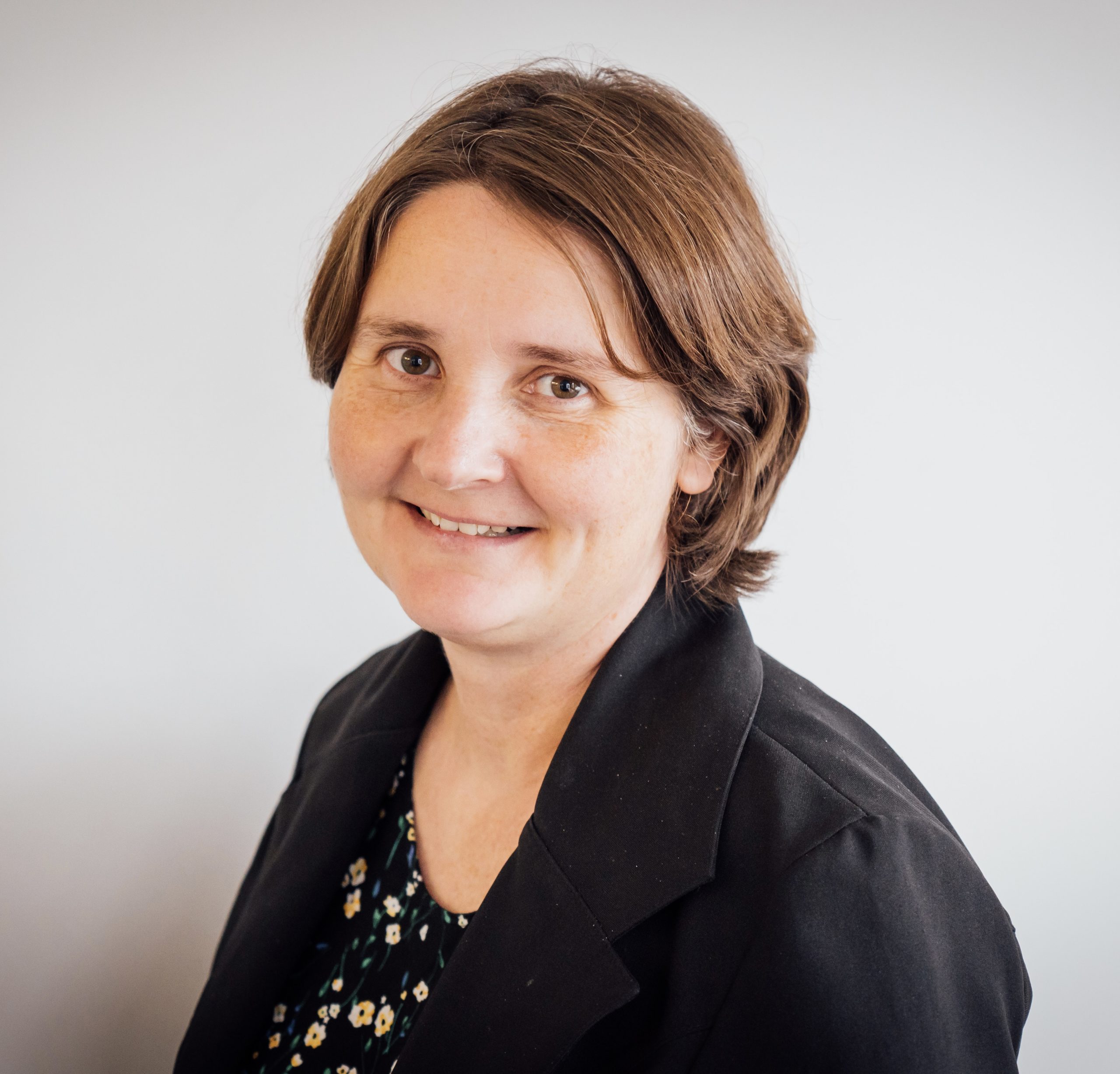PASC22 Spotlight on Epidemiology
PASC22 invites the HPC community to discuss how Computing and Data can be leveraged to serve All Humankind. In this vein, conference is dedicated to tackling some of the biggest challenges facing humanity today. Epidemiology is certainly a timely topic: COVID-19 has been testing our society for almost two years now, just as other epidemic diseases have affected local and wider regions before it. We are hopeful that research in this domain will bring us closer to a solution. What is the state-of-the-art in epidemiology today? And what is on the horizon?
The PASC22 Organizing Team is pleased to announce that Olivia Keiser from the Institute of Global Health at the University of Geneva will help us answer those questions.
The Challenges of Modern Epidemiology: from Classical Field Studies to Complex Models
John Snow’s investigations on cholera outbreaks in London in 1854 are often considered to be the origin of epidemiology. By depicting cases on a map, he detected the cause of the disease. In recent times, the methods used in epidemiological research have become increasingly complex and include various inputs, including data on genetic sequences, the environment, and human behavior. This information can be processed in real time and support immediate decision making. In parallel, the amount of published literature is increasing exponentially and open science allows everyone to access and reproduce analyses. However, the COVID-19 pandemic highlighted substantial shortcomings in epidemiologic surveillance. Without capacity building, complex models with unreliable or incorrect inputs produce inaccurate results, resulting in serious policy making implications. Using HIV and COVID-19 as case studies, I will introduce and discuss the benefits and challenges of modern epidemiological methods.
About the presenter
Olivia Keiser is an SNF professor in epidemiology at the Institute of Global Health (IGH), at the University of Geneva. She studied biology in Basel, and then moved to Lausanne where she worked for the Swiss HIV Cohort Study. In 2006, Olivia joined the University of Bern, where her PhD work focused on analyses HIV infected patients in Africa. After receiving an SNF Professorship in 2017, Olivia moved with her group to Geneva. Her research group takes an interdisciplinary approach that combines mathematical modelling (including cost-effectiveness analyses), analyses of cohort data, data- and text mining, systematic reviews, and qualitative research techniques. The current focus is on HIV and COVID-19.
Call for papers (by December 12)
Are you looking for a suitable platform to give visibility to your research?
The PASC22 Conference is an international and interdisciplinary platform for the exchange of competences in scientific computing and computational science, with a strong focus on methods, tools, algorithms, application challenges, and novel techniques and usage of high-performance computing. The conference offers the possibility to publish in publicly-accessible proceedings, to present your research to the conference audience, and further develop your paper for publication in a relevant domain-specific journal.
The PASC22 Conference welcomes the submission of original research related to scientific computing in the following seven scientific domains:
- Chemistry and Materials
- Climate, Weather and Earth Sciences (incl. solid earth dynamics)
- Computer Science and Applied Mathematics
- Engineering (incl. but not limited to CFD, computational mechanics, computational engineering materials, turbulent flow, …)
- Humanities and Social Sciences (incl. but not limited to behavioral, economic, legal, political and business sciences, as well as philosophy, languages and the arts)
- Life Sciences (incl. but not limited to biophysics, genomics, bioinformatics, systems biology, neuroscience and computational biology, …)
- Physics (incl. but not limited to astrophysics, cosmology, plasma modelling, QCD
Papers that are selected for presentation at PASC22 will be published in the Proceedings of the PASC Conference, accessible via the ACM Digital Library.
Authors of papers will be given 20-30 minute presentation slots at the conference, grouped in topically-focused parallel sessions. A selection of the highest quality papers may be given the opportunity of a plenary presentation.
Following the conference, authors will have the opportunity to develop their papers, and, where appropriate, associated open-source software, for publication in a relevant, computationally-focused, domain-specific journal.
To facilitate post-conference journal publication, the PASC Conference has formed collaborative partnerships with a number of high-quality scientific journals, including Computer Physics Communications (CPC), the Journal of Advances in Modeling Earth Systems (JAMES), andACM Transactions on Mathematical Software (ACM TOMS).
The is responsible for the paper evaluation process. The committee is chaired by Kate Evans (Oak Ridge National Laboratory) and Damian Rouson (Lawrence Berkeley National Laboratory and Sourcery Institute) and is comprised of committee members who are specialists in their scientific fields. Papers will be evaluated on their significance, technical soundness, originality, and quality of communication.
We employ a rigorous academic peer-review process: most notably, we allow the possibility for provisional acceptance (revision and author rebuttal), and specialized reviewers are solicited for each submission (there is no pre-selected standing committee of reviewers). The paper selection process thus combines the strengths of conference and journal publication schemes to provide an effective, high-impact publication venue in large-scale computational science.
Contributions must be submitted through the PASC Conference online .
Submissions should include the following:
- Title: Maximum 20 words
- Scientific Domain: Select a primary and optionally secondary scientific domain(s)
- Author Details: Full names and contact details of author(s)
- Short Abstract: Maximum 200 words
- Paper: Maximum 10 pages including figures, tables, and appendices
Additional information is available on the .
SUBMISSION DEADLINES
- 12 December 2021: Deadline for paper submissions (NO EXTENSIONS!)
- 08 February 2022: Review notifications
- 06 March 2022: Deadline for paper revisions
- 06 April 2022: Acceptance notifications
PAPERS PROGRAM COMMITTEE
PASC22 is grateful to its committee members for their support in shaping the conference program.
General Chairs
- Kate Evans (Oak Ridge National Laboratory, US)
- Damian Rouson (Lawrence Berkeley National Laboratory and Sourcery Institute, US)
Domain Chairs
- Stephan Irle (Oak Ridge National Laboratory, US)
- Bryan Wong (University of California, Riverside, US)
- Willem Deconinck (ECMWF, UK)
- Oksana Guba (Sandia National Laboratories, US)
- Olga Pearce (Lawrence Livermore National Laboratory, US)
- Sameer Shende (University of Oregon, US)
- WenWen Li (Arizona State University, US)
- Yan Liu (Oak Ridge National Laboratory, US)
- Alvaro Coutinho (Federal University of Rio de Janeiro, Brazil)
- Rosa Badia (Barcelona Supercomputing Center, Spain)
- Anotida Madzvamuse (University of Sussex, UK)
- Suzanne Lenhart (University of Tennessee, US)
- Axel Huebl (Lawrence Berkeley National Laboratory, US)
- Meifeng Lin (Brookhaven National Laboratory, US)
A list of the full committee is available here.
We look forward to receiving your paper submissions!



